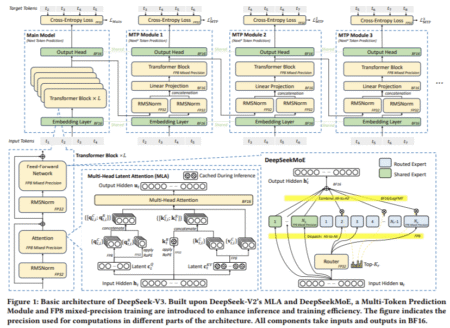In the present world, businesses and individuals rely heavily on artificial intelligence, particularly large language models (LLMs), to assist with various tasks. However, these models have significant limitations. One of the main issues is their inability to remember long-term conversations, which makes it difficult to provide consistent and context-aware responses. Additionally, LLMs cannot perform actions like sending emails or querying databases on their own, restricting their usefulness.
Currently, there are some partial solutions to these problems. For example, certain AI applications temporarily store conversation history, but this data is often lost once the session ends, leading to repetitive and disjointed interactions. Other tools can fetch data from APIs or databases but often require manual intervention or extensive programming knowledge to set up and maintain. These existing solutions fall short of providing a seamless and autonomous experience.
Meet Phidata, a new framework designed to build autonomous assistants that overcome the limitations of traditional LLMs by integrating long-term memory, contextual knowledge, and actionable tools. These assistants are not only capable of having extended conversations but can also perform tasks autonomously by interacting with external systems.
Phidata works by storing chat histories in a database, which allows the assistants to maintain long-term memory and provide contextually relevant responses. It also uses a vector database to store information, giving the assistants a deep understanding of business-specific contexts. Furthermore, Phidata enables the assistants to perform actions like pulling data from APIs, sending emails, or querying databases by calling specific functions. This combination of memory, knowledge, and tools makes these assistants more capable and versatile.
Phidata provides several examples to demonstrate its capabilities. For instance, it can create an AI-powered research assistant that generates detailed investment reports by analyzing data from various sources. It can also write news articles or summarize YouTube videos by leveraging its advanced language understanding and processing capabilities. This highlights Phidata’s potential to transform how businesses use AI, making it easier to automate complex tasks and improve productivity.
In conclusion, Phidata addresses the significant limitations of existing language models by integrating long-term memory, contextual knowledge, and actionable tools into a single framework. This makes it possible to build more intelligent autonomous assistants capable of performing a wide range of tasks independently. With Phidata, businesses can develop AI products that are more responsive, efficient, and tailored to their specific needs.
The post Phidata: An AI Framework for Building Autonomous Assistants with Long-Term Memory, Contextual Knowledge and the Ability to Take Actions Using Function Calling appeared first on MarkTechPost.
Source: Read MoreÂ

